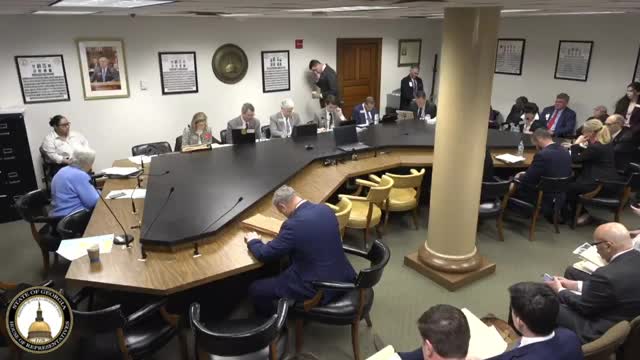Article not found
This article is no longer available. But don't worry—we've gathered other articles that discuss the same topic.
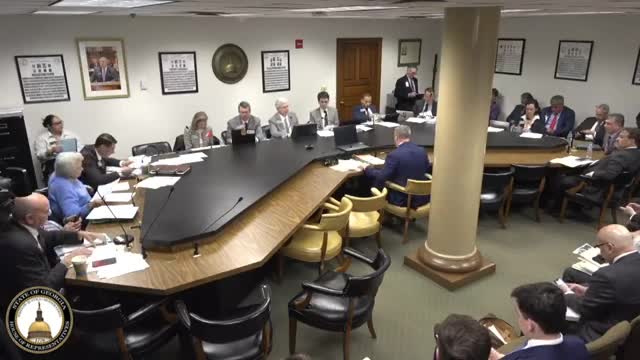
Committee advances bill letting Georgians sue large investors owning thousands of single-family homes
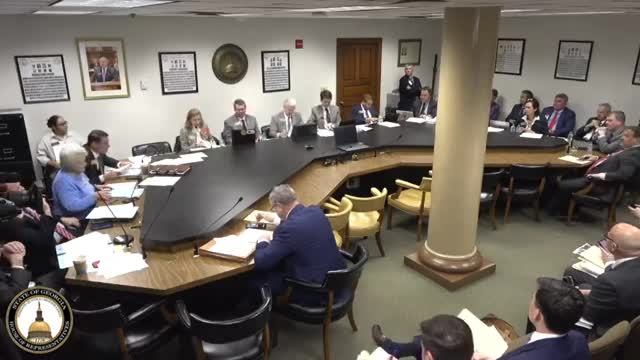
Committee advances bill letting older subdivisions amend covenants with high voter threshold
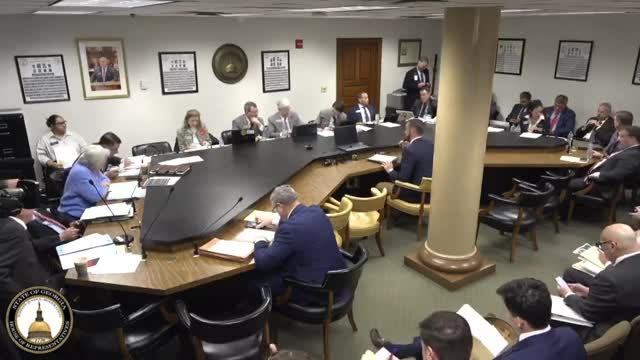
Committee approves bill adding penalties for improper property lien filings
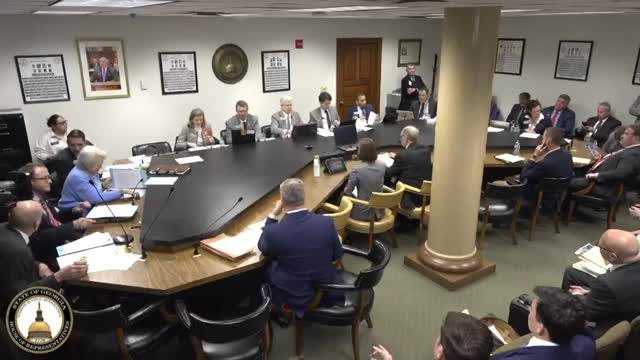
Committee backs bill to require sellers to disclose a home's flood history
